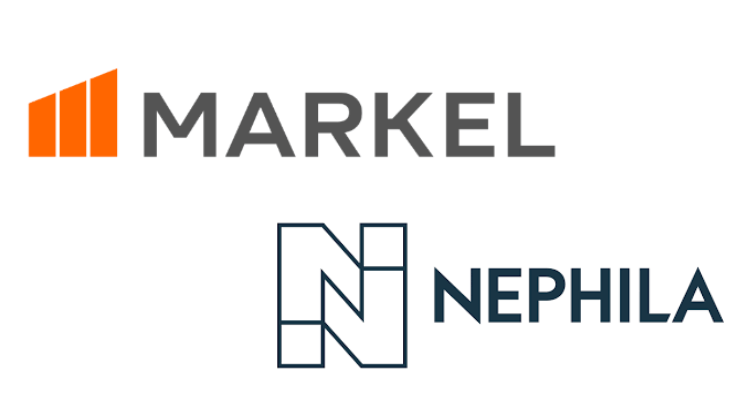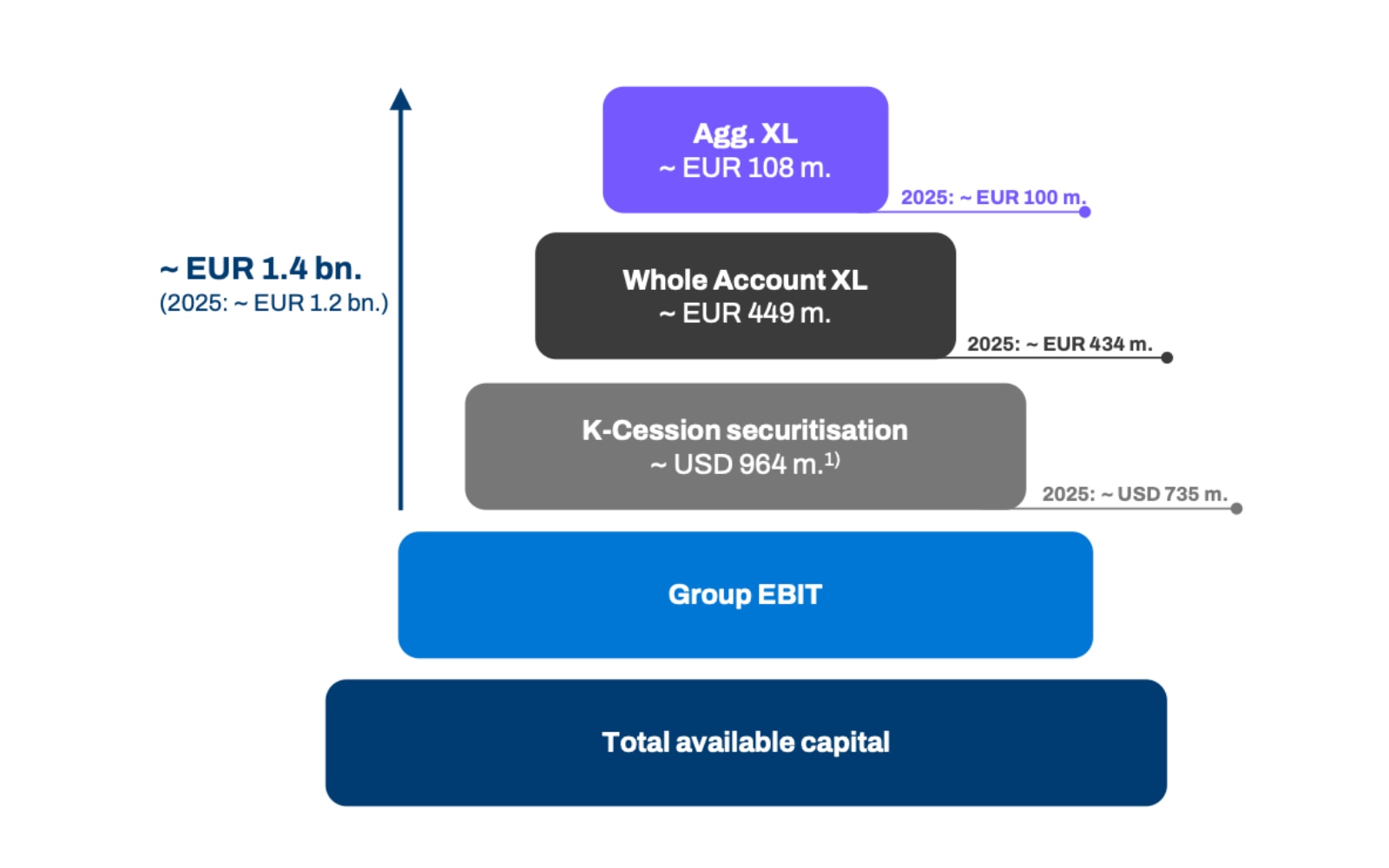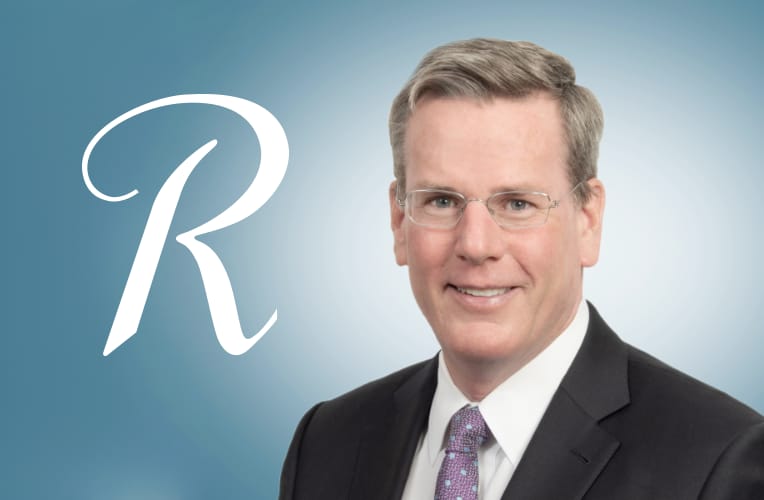
THE Insurance Council of Zimbabwe (ICZ) recently partnered the Association of Insurers and Reinsurers of Developing Countries (AIRDC) to provide training to insurers on identified technical and service gaps in the insurance industry.In her keynote speech, AIRDC vice-president Elizabeth Wyns-Dogbe said continuous development through knowledge and skills enhancement in the industry, with the aim of improving underwriting and service standards to the level of international best practice, will enable insurers to be competitive on the global stage.The workshop, held under the theme Growth Through Disruptive Actions, came as a result of the Zimbabwean insurance industry having identified areas that required attention, with poor underwriting methods being identified as a threat to the survival of insurance companies and serious hindrance to service delivery.
Business reporter Melody Chikono (MC) spoke to Wyns-Dogbe (EWD) to understand other issues affecting short-term insurers.Below are excerpts of the interview:MC: Tell us briefly about AIRDC and what motivated you to partner the ICZ.EWD: AIRDC is the Association of Insurers and Reinsurers of Developing Countries based in Manila, Philippines.
We have membership from three continents, which are Africa, Asia and Latin America.As one of our major aims, we seek to educate members on insurance.So workshops such as this one are very dear to us as they are one of our major aims.
We decided to partner ICZ to educate members from Zimbabwe and other countries on how they can use some of the disruptive actions that are coming up in their markets.If you take the Zimbabwean insurance industry (for example), everybody wants to see growth but how do we grow? Do we do the things we used to do in the past? It is said that if you continue doing the same things you will get the same results.We have brought together the experts to discuss some of the challenges that we have here and also on how we can grow the industry.
That is why we are here.MC: What can you say about the Zimbabwean insurance industry compared to countries on the other continents? EWD: I would say Zimbabwe has come a long way, I think as far back as 2007.We knew the Zimbabwean insurance industry to be a strong industry.
There are a few challenges but you will realise there has been passion for change, especially in terms of how to build public trust and I know a lot of things are being done.This is one of the reasons why this workshop was organised.The issue of trust is a big challenge.This does not apply only to Zimbabwe.
In other countries, such as Ghana where I am coming from, it is a big issue.As the insurance industry, we are set up to pay claims and, if that promise is not met, then mistrust becomes the order of the day.So, yes, there are challenges now maybe because of the economy as the insurance sector does not operate in a vacuum.
I know that Zimbabwe is working very hard to restore the economy and I also know insurers are working very hard to do their own part on the issue of public trust.MC: You spoke about underwriting issues.Give us more details.
EWD: You know insurance is a technical and an expert area.If you are an underwriter and you ignore those technical issues, it will come back to haunt you.What are we saying? We are saying insurers should go back to the basis.
We have insurance principle of utmost good faith, indemnity and all those things.If we did not live by those, It will come back to hurt us.We are just ensuring our insurers go back to basics, to look at underwriting principles, their reinsurance arrangements, so that they have capacity for reinsurance.
They should go and look at the processes and arrangements that they have in-house to ensure that they fulfil the promise they have made to the public so that if anything should happen eventually they are able to live by it.MC: What can you say are some of the challenges being faced by the Zimbabwean short-term insurers? EWD: As you know, insurance is in the financial services sector and right now the economic situation is not stable, giving rise to inflation.When there is inflation, the industry suffers, be it in investment through premiums collected.
This will then breed inability by some industry players to settle claims.Lack of suitable investments which are more inflation-indexed are also not readily available in the market.And also the greatest challenge is the issue to do with under-insurance.
Remember, the country is coming from a multi-currency regime where most of the assets were denominated in US dollars.When the country demonetised, it is now using the local currency which is losing value day in, day out.It’s difficult for a client to keep track escalating the sums insured month in month out.
So half the time people find themselves wanting.Number 1: because of inflation they are unable to track the value of their assets.Number 2.
We know that industry-wide the wage is lagging behind.Somebody might be able to track the value of their assets by benchmarking inflation of the exchange rate but they are unable to settle the premium.It’s either they downgrade it or leave it as it.
Should there be a loss, we have an insurance principle called “application of average” practised worldwide but it does not do good to the client because the compensation they get is less that what they expected.So basically these are some of the challenges.MC: Recently there has been an upward review of capital requirements.
What would be your comment in relation to people’s earnings given that they may find it difficult to afford insurance policies? EWD: It is unfortunate that the insurance penetration rate is in Zimbabwe is very low at 2,7% and, obviously, insurance follows the fortunes of the economy of a country.You will realise that in an economy where there is high inflation and the wage is not is not catching up, if you look at the citizens’ shopping list, insurance won’t be on the top list.For example, if you were insuring your vehicle comprehensively, but because your wage is not growing, people then choose to downgrade say to the regulated third-party insurance.
This will take a dip in the income being generated by the industry.I foresee the new minimum capital requirements putting a lot of businesses under pressure because as a businessperson you need to sweat the capital.Insurance, in an inflationary environment, does not grow; half the time it’s static or so to say.
MC: Let us talk about prescribed assets in relation to minimum capital requirements and the economy as well.EWD: As regulated entities, prescribed assets are some of the things required to invest in by governments.When the economy is performing very well, you will find that they contribute immensely to the development of the economy.
But in the absence of the inflation-indexed prescribed assets, it becomes difficult for insurers to then preserve value though prescribed assets.I understand this is one of the things the short-term insurers are lobbying through the regulator, to try and bring instruments or papers that will create appetite in the industry.
Publisher: E-Insurance News








